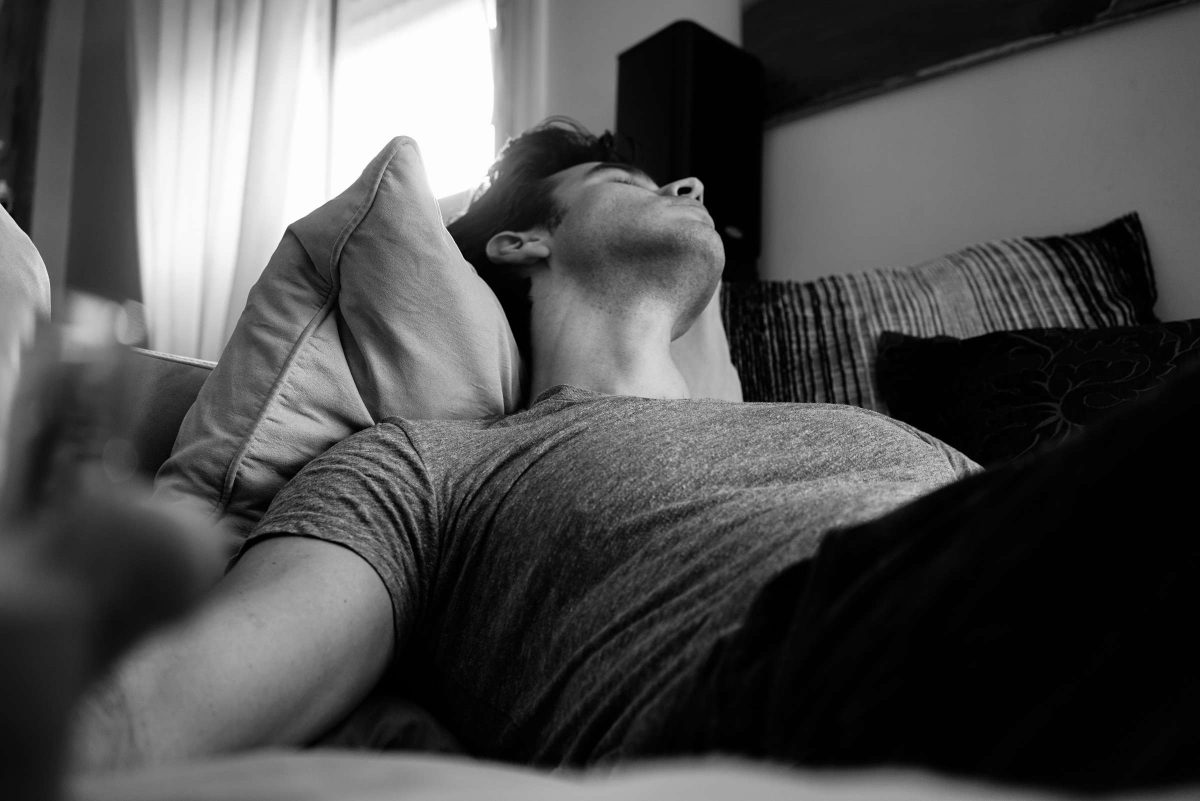Sport and sleep are closely linked. That means: For an effective workout, the body needs regeneration through sleep. And vice versa, only if you have slept enough will you have the necessary energy for the next workout.
Unfortunately, for many people, an ideal sleep rhythm that makes them feel fit and rested in the morning exists only as a dream. Surveys show that around a quarter of the population suffers from sleep disorders. Difficulties falling asleep and staying asleep as well as early awakenings are summarized under the term insomnia. There are about 80 types of sleep disorders, divided into eight subcategories. Insomnia is the most common and, along with sleep apnea (a sleep disorder in which breathing stops and starts repeatedly), the best-known type of sleep disorder.
The fact that sleep disorders have a major impact on human health and psyche becomes clear when we consider the functions attributed to sleep. Although these have not yet been conclusively researched, it is certain that the body is anything but inactive at night. Sleep is a miracle of regeneration, the immune system is strengthened, hormones are released and memory is formed. However, it is not uncommon for sleep to be medically induced. Around eight percent of the population take medication to help them sleep.
Inactive people suffer more often from sleep disorders
Inactive people tend to suffer from sleep disorders more often than active people. “Active” does not automatically mean sports, however. Whether someone does a running workout or simply takes a walk in the fresh air is not the deciding factor; the main point is to move regularly. One thing to keep in mind: If you exercise, you shouldn’t do it just before going to bed. Exercise in the evening is fine, but the body needs a few hours to calm down after an intense performance.
Sport in the evening should not be too intense
That’s why a relaxed endurance program without intense pulse values is more advisable in the evening. And if you only do a late workout once a week, for example in a gym, and can’t fall asleep afterwards, you don’t have insomnia because of it.
Most people are at their peak performance around ten o’clock in the morning. The body has more testosterone in the morning and therefore more energy for muscle building. Training before noon is therefore worthwhile, although personal factors (e.g. working hours, children starting school, etc.) also need to be taken into account depending on your personal situation. Perfect would be the midday nap after the morning workout, but most working people can rarely allow themselves to do that.
Signs of overtraining?
Fitness centers that are open 24 hours a day are helpful for all those people who would otherwise not be able to exercise due to their work, but muscular training in the middle of the night is fundamentally against human nature.
For competitive athletes, sleep disturbances can be a sign of overtraining. But the mental factor can also play a role when athletes don’t sleep a wink at night: a survey by the Federal Office of Sport showed that one in three Swiss athletes at the 2014 Sochi Olympics suffered from problems falling asleep or sleeping through the night.
Lack of sleep is a performance killer
Sufficient sleep is an important factor for top athletic performance, and conversely, chronic lack of sleep is “a performance killer,” according to the Federal Office of Statistics. More than half of people with sleep disorders have low energy and vitality levels. Susceptibility to injury is also significantly increased when playing sports under sleep deprivation.
Single nights with little or poor sleep have little effect on athletic performance (e.g., nervousness before a competition). However, those who suffer from sleep disorders for a long time find it difficult to train. In addition, long-term sufferers are usually so lethargic that they cannot even think about sports.
However, it is difficult to say whether and how much training the body can perform without sleep. And the fact that a person cannot sleep at all is rare. Often people have the feeling that they haven’t slept at all during the night, but they are usually mistaken. For the sake of the body, however, the following should apply: If you exercise a lot and at the same time complain about insomnia, you should definitely try to get a grip on it. And only then should you think about intense training again.
This Blog Article was made available to us by Fit for Life. Fit for Life is the Swiss magazine for fitness, running and endurance sports. Would you like to read such articles regularly? Then Click here.

